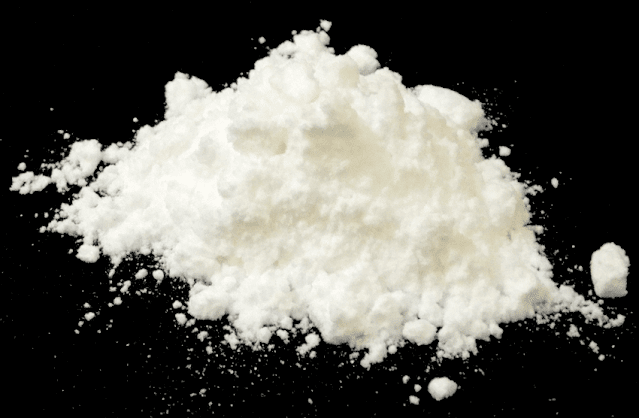Microcrystalline Cellulose Market Growth Accelerated by Expanded Applications
 |
| Microcrystalline Cellulose Market |
Microcrystalline cellulose is a
partially depolymerized cellulose that is commonly used as a diluent,
disintegrant and binder in pharmaceutical tablets and capsules. It helps in
extending product shelf life and enhancing drug stability. Additionally,
microcrystalline cellulose is often used as an excipient, compression aid and
anti-caking agent in baked foods and animal feed. It acts as a bulking agent,
texturizer and stabilizer in various food products. The global microcrystalline
cellulose market is estimated to be valued at US$ 1349.84 Bn in 2023 and is expected to exhibit a CAGR of 11% over the forecast period
2024 to 2031, as highlighted in a new report published by Coherent Market
Insights.
Market Dynamics:
The microcrystalline cellulose
market is primarily driven by its wide applications in the pharmaceutical
industry. Around 60% of all manufactured drugs contain microcrystalline
cellulose as it plays a crucial role in improving drug functionality. It boosts
product shelf life, increases binding capacity and facilitates controlled drug
release from tablets and capsules. Additionally, growing use of
microcrystalline cellulose as an excipient and food additive has augmented its
demand from various end use industries. Furthermore, expanding elderly
population and increasing prevalence of chronic diseases have boosted
pharmaceutical sales, thus positively impacting the microcrystalline cellulose
market size.
SWOT Analysis
Strength: Microcrystalline
cellulose is widely used as a binder, diluent, filler and disintegrant in
pharmaceutical formulations due to its excellent compressibility and flow
properties. It does not affect drug stability and has a neutral taste and odor.
Many manufacturers produce microcrystalline cellulose of different grades
tailored for various applications.
Weakness: The purity and
properties of microcrystalline cellulose can vary depending on the wood pulp
source and manufacturing process. This variability poses challenges for
consistent performance in products. The cost of microcrystalline cellulose
increases substantially with higher purity grades required for certain
applications.
Opportunity: Growing consumption
of dietary supplements and functional foods around the world is boosting demand
for microcrystalline cellulose as an excipient. It is also finding increasing
usage in cosmetics and personal care products as a thickening and structuring
agent. Emerging applications in 3D printing offer new opportunities.
Threats: Strict regulatory norms
and certifications required for excipients used in pharmaceutical formulations
can restrict market access. Price fluctuation of wood pulp raw materials
impacts production costs. Substitute excipients pose competition.
Key Takeaways
The Global
Microcrystalline Cellulose Market Share is expected to witness high
growth.
Regional analysis: Asia Pacific dominates the market currently due
to large production and consumption in countries like China and India. North
America and Europe are other major markets driven by widespread excipient and
dietary supplement usage.
Key players operating in the microcrystalline cellulose market are
Thermo Fisher Scientific, Inc., Illumina, Inc., PerkinElmer Genomics, QIAGEN,
Agilent Technologies, Inc., F. Hoffmann-La Roche Ltd, Macrogen, Inc., Abbott,
PacBio, Zymo Research Corporation, Oxford Nanopore Technologies plc, Tecan
Trading AG, Hamilton Company, ZS Genetics, Inc. LI-COR, Inc. These companies
manufacture different grades of microcrystalline cellulose and focus on
expanding production capacities to meet the growing demand worldwide.
Get More Insights Here
https://www.newsstatix.com/microcrystalline-cellulose-market-size-share-growth-outlook-2023/



Comments
Post a Comment